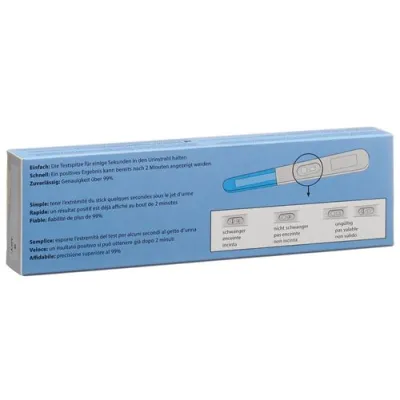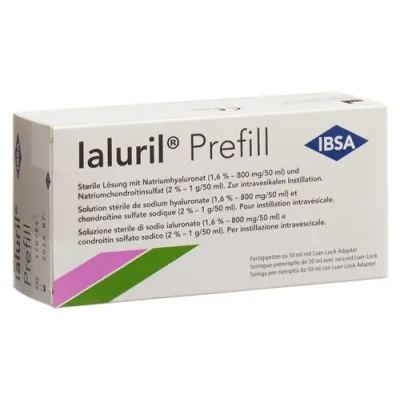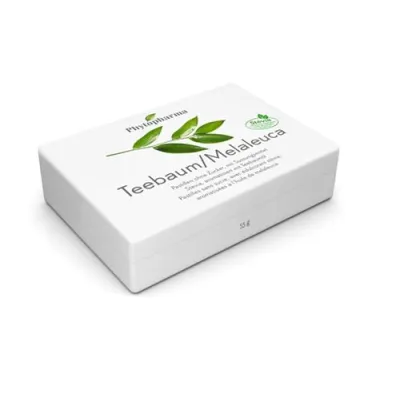Pregnancy Test
(1 Pages)
Clearblue pregnancy test Fast detection
Characteristics of Clearblue pregnancy test Rapid detectionCertified in Europe CEStorage temp min/ma..
39.85 USD
Clearblue Pregnancy Test Rapid Detection 2 pcs
Characteristics of Clearblue pregnancy test 2 pcs Rapid detectionCertified in Europe CEStorage temp ..
55.57 USD
Clearblue Pregnancy Test Early Detection
Test, which can be used from 6 days before the missed period. Already measures minute amounts of hcG..
45.68 USD
Evial pregnancy test 2 pieces
The reliable Evial Pregnancy Test Midstream is easy, quick and hygienic to use. Hold the absorbent t..
21.69 USD
Clearblue pregnancy test week determination
Shows you up to 4 days before your period is due with a reliability of 99% whether you are pregnant...
51.93 USD
Predictor EARLY pregnancy test
Characteristics of Predictor EARLY Pregnancy TestCertified in Europe CEAmount in pack : 1 piecesWeig..
36.48 USD
Viola Super Early pregnancy super early test 2 pcs
Characteristics of Viola Super Early Pregnancy Super Early Test 2 pcsCertified in Europe CEStorage t..
47.19 USD
Evial pregnancy test 3 pieces
Evial Pregnancy Test 3pcs The Evial Pregnancy Test 3pcs is a reliable and sensitive home pregnancy ..
31.67 USD
Cyclotest pregnancy test
Characteristics of Cyclotest pregnancy testCertified in Europe CEStorage temp min/max 15/30 degrees ..
27.66 USD
Cyclotest Early Pregnancy Test
Cyclotest Pregnancy Early Test Are you trying to conceive and want to know if you're pregnant as ear..
29.19 USD
axaclear pregnancy test 2 pieces
Characteristics of Axaclear pregnancy test 2 pcsCertified in Europe CEStorage temp min/max 15/30 deg..
52.59 USD
axaclear pregnancy test
Characteristics of Axaclear pregnancy testCertified in Europe CEStorage temp min/max 15/30 degrees C..
36.07 USD
(1 Pages)
Bestsellers
A pregnancy test is a medical test used to determine whether a woman is pregnant. The test works by detecting the presence of the hormone human chorionic gonadotropin (hCG) in a woman's urine or blood. HCG is produced by the placenta after implantation of a fertilized egg in the uterus. Pregnancy tests are an important tool for women who suspect they may be pregnant and can help them to confirm their pregnancy and take appropriate steps to manage their health.
Urine tests are the most common type of pregnancy test and can be done at home or at a healthcare provider's office. Urine tests can provide accurate results as early as a few days after a missed period. Blood tests, on the other hand, are done at a healthcare provider's office and can detect pregnancy earlier than urine tests, usually within a few days of conception.
When choosing a pregnancy test, there are several factors to consider. One of the most important is sensitivity. Sensitivity refers to how early a pregnancy test can detect the presence of hCG. Look for tests with a sensitivity of at least 25 mIU/ml. The lower the sensitivity, the earlier the test can detect a pregnancy.
Home pregnancy tests should be easy to use and provide clear and accurate results. Look for tests that come with clear instructions and have a simple and easy-to-read display.
Another factor to consider is price. While more expensive tests may have additional features or be more sensitive, they may not be necessary for everyone. It is important to choose a test that meets your needs and fits within your budget.
In summary, a pregnancy test is an important tool for women who suspect they may be pregnant. When choosing a pregnancy test, consider factors such as sensitivity, ease of use and price. With the right test, you can confirm your pregnancy and take appropriate steps to manage your health and the health of your developing baby.
























































